Over 50% of shoppers use Google to research their purchase before buying.
The search engine giant takes those search phrases or keywords to find related results. And if your business doesn’t rank on the first page you won’t get much traffic.
So how do you choose the right keywords for the best converting traffic?
What keywords work best for your business? How can you be sure? Can you do it all on your own?
This article looks at choosing the right keywords for SEO and when you need an SEO agency to help.
You’ll learn about keyword types and how to find the most effective terms. Then you’ll discover how to refine those phrases and use them within your landing pages.
The object is to drive a higher volume of targeted traffic to your site. If you want to know how then read our 7 tips on choosing the right keywords below.
1. Analyze Search Intent
Search intent helps identify what keywords to select based on why people search. They’re divided into three categories:
- Navigational – the user wants to find another web page
- Informational – researching a topic
- Commercial – desire to make a purchase
To choose the right keywords with the best results you need to think like your customer.
Searches like ‘buy low-cost water heater’ are very different from ‘water heater broken’ queries. One is a commercial key phrase and the other is informational.
Ideally, you should offer content on all three areas with the goal of completing your call-to-action (CTA). Your keywords will target different landing pages or web pages dedicated to those search phrases.
In the case of informational searches, you should provide some unique content related to that phrase.
Blog articles are excellent for this type of search and can contain several keyphrases. Naturally, you need to link that content to your product pages or contact forms.
Commercial or transitional intents are the easiest to focus on but are also highly competitive. That’s why hiring an SEO Agency to write your copy can help match your keywords when Google crawls your site.
2. Understand Keyword Types
Before diving into keyword research, think about the three different types.
- Head keywords
- Body keywords
- Long Tail keyword
Head keywords are one or two words in length and return a mountain of search results. Think ‘birthday cards’ which Google matches with a whopping 1.17 billion pages.
Body keywords are a little longer, usually two to three words. Googling ‘mother birthday cards’ now displays 3 million results.
Long Tail phrases are four words plus. They produce focused results and most people have learned to use them while searching.
As you can guess, it’s very difficult to rank well for head keywords. Yet it’s easier and more productive to concentrate on long tail.
3. Keyword Planner Tools
One of the best tips on choosing the right keywords is to know where to begin your research.
Google’s Keyword Planner tool is a free tool to see what keywords work and which ones don’t.
You can access it within the Google Ads platform. But don’t create a PPC ad. Simply create an account, then use the planner to enter a key phrase.
Results show how many people searched for those keywords over time. The service also displays related phrases with associated traffic counts.
You can add the phrases that work well to your advertising plan. This list is useful to group related keywords to use within your SEO strategy.
If you want an alternative to Google’s offering, then try Moz Explorer.
Enter a keyword or web address and create your free account for up to 10 queries. The service provides monthly volume metrics and how difficult it will be to rank for that keyphrase.
It’s a detailed report that includes a SERP analysis and organic CTR.
If those phrases don’t mean much, don’t worry. Using the right SEO agency will shield you from the tech-talk and get straight to what’s required.
4. Refine Your Keywords with LSI
Latent Semantic Indexing or LSI is a convoluted way of saying word association.
Google uses LSI to produce related results through context. In other words, the search engine tries to understand what you mean through your keywords.
To demonstrate this, go to Google and start to type a phrase.
The autocomplete menu displays results based on your keywords. But as you keep typing, those phrases will change. That’s because Google identifies other possibilities as your long-tail search grows.
Relates searches will display at the bottom of the screen too.
Use these semantic or associated words to refine your keywords list. Google has identified them as important so use them to your advantage.
5. Analyze the Competition
Another great way to discover the best keywords is through your competitors’ websites.
Tools like SEMRush help analyze traffic on any website, including your competition. Use it to understand their ranking position. Then utilize those findings to help shape your own strategy.
However, SEMRush isn’t free.
That’s why many companies hire an SEO company to do this research for them. Not only do they get those reports but the SEO agency does the hard work for them.
6. Keywords and Matching Media
Adding keywords to your content takes a special skill. Yet many websites seem to stuff keywords into their content and hope for the best.
Google actively targets spam-filled pages and either removes them or ranks them extremely low.
Getting the right mix of keywords and related phrases into your text copy is essential. Otherwise, all your hard work is a waste of time. Also, matching the right image with the right keyword can result in a huge jump in rankings.
At Actuate Media, our core SEO strategy hinges on great website content.
SEO is about good website copy, insightful blogs, and articles.These will help your website rank and read well. This is something that needs to be right from the start.
7. Link With the Landing Page
You need to optimize your landing pages to link with your keyword selection otherwise they won’t work.
Landing pages display targeted content, so it is important you optimize them to link with your keyword selection. Your chosen keywords will fit in the page title, headings, and alt image tags. Everything about these should relate to the keywords you want to rank for.
Keep your landing page in mind when choosing keywords – not only will Google rank your page higher, but an optimized landing page will act as the starting point for a sale or lead.
Choosing the Right Keywords With an SEO Agency
We’ve seen that choosing the best keywords will have a major impact on your business website rankings.
You can do some of the research yourself but it takes time, skill, and expertise to get right. That’s why it’s essential to hire the best SEO agency if you want to rank on page one.
Actuate Media is a professional SEO company that specializes in search engine optimization.
We don’t use automated systems to choose the right keywords for your site. Our work is transparent, meaning you’ll see actual results through your Google Analytics dashboard.
Contact us today to discuss your SEO needs.




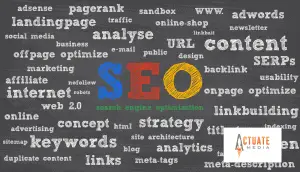
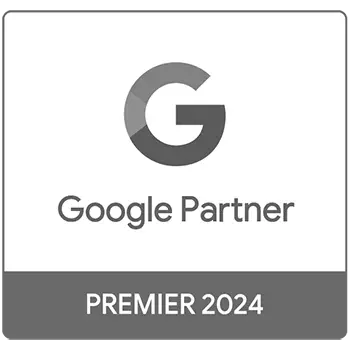
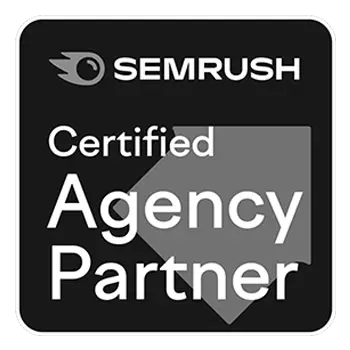
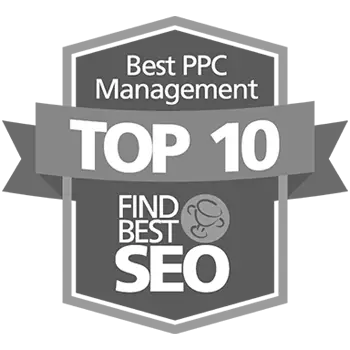


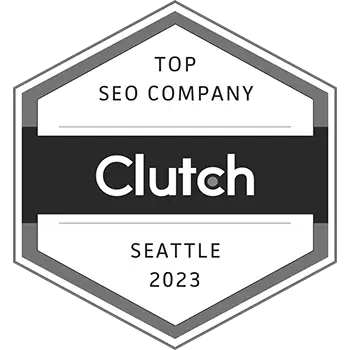
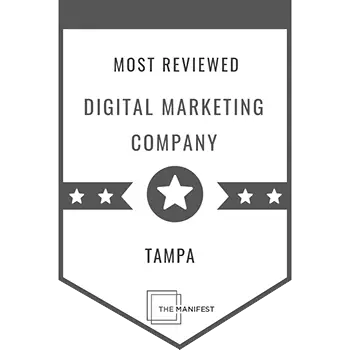
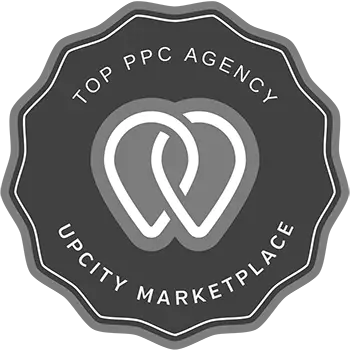
your article is very informative. I learn many things by reading your article.
Hello there! The Blog you shared about 7 Tips on Choosing the Right Keywords for SEO. The information you provide in your article is very informative to me it would be helpful in doing SEO. Thank you and Keep Sharing.
Thank you for sharing your insights with us. This is helpful for many!
The methods you mentioned are really great, Thanks for sharing this article.
Great tips! I especially found the advice on understanding user intent really helpful. It’s so important to choose keywords that match what people are actually searching for. Thanks for sharing!
Great tips! I especially found the section on understanding search intent really helpful. It’s often overlooked, but knowing what users are actually looking for can make a huge difference in keyword selection. Thanks for sharing!